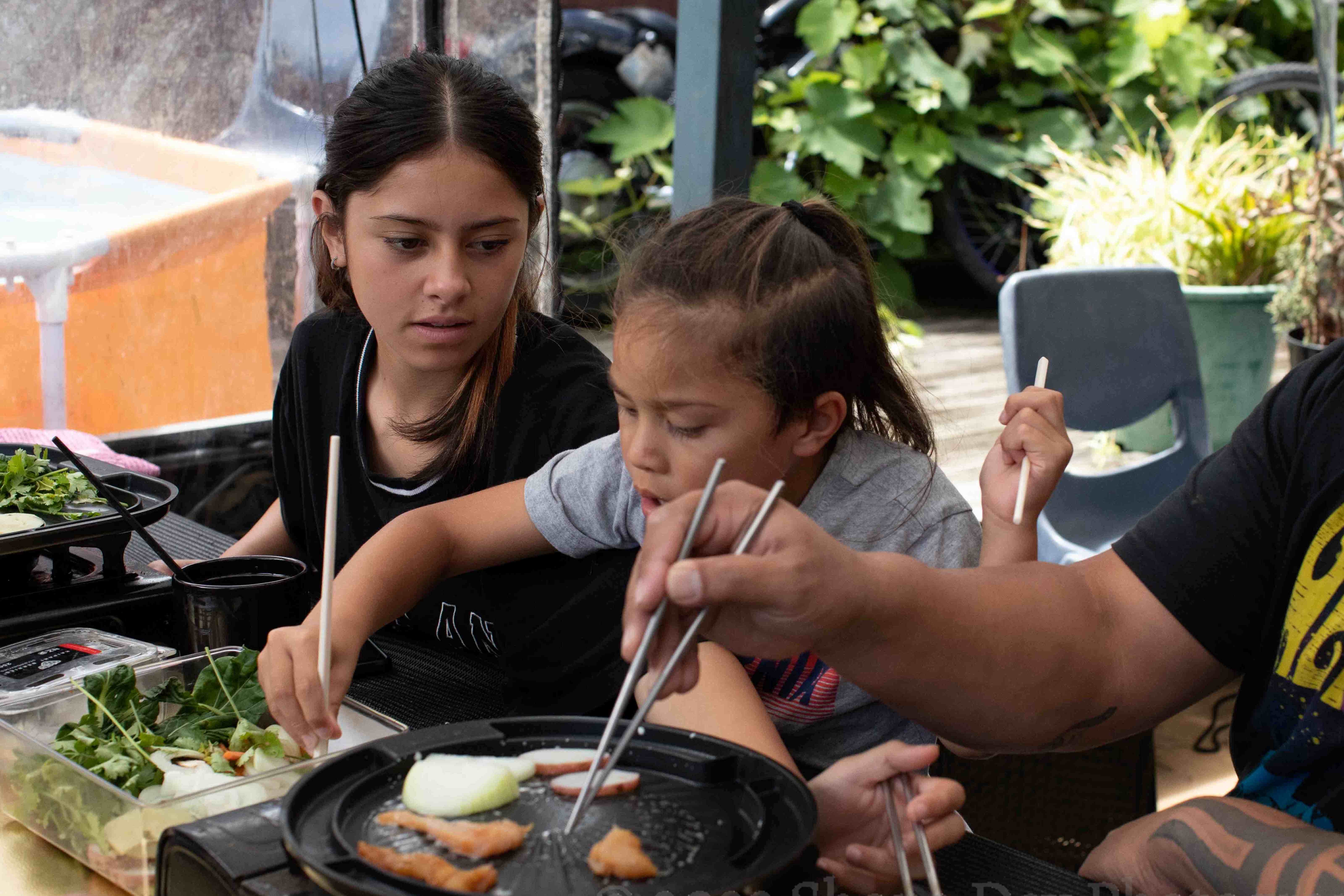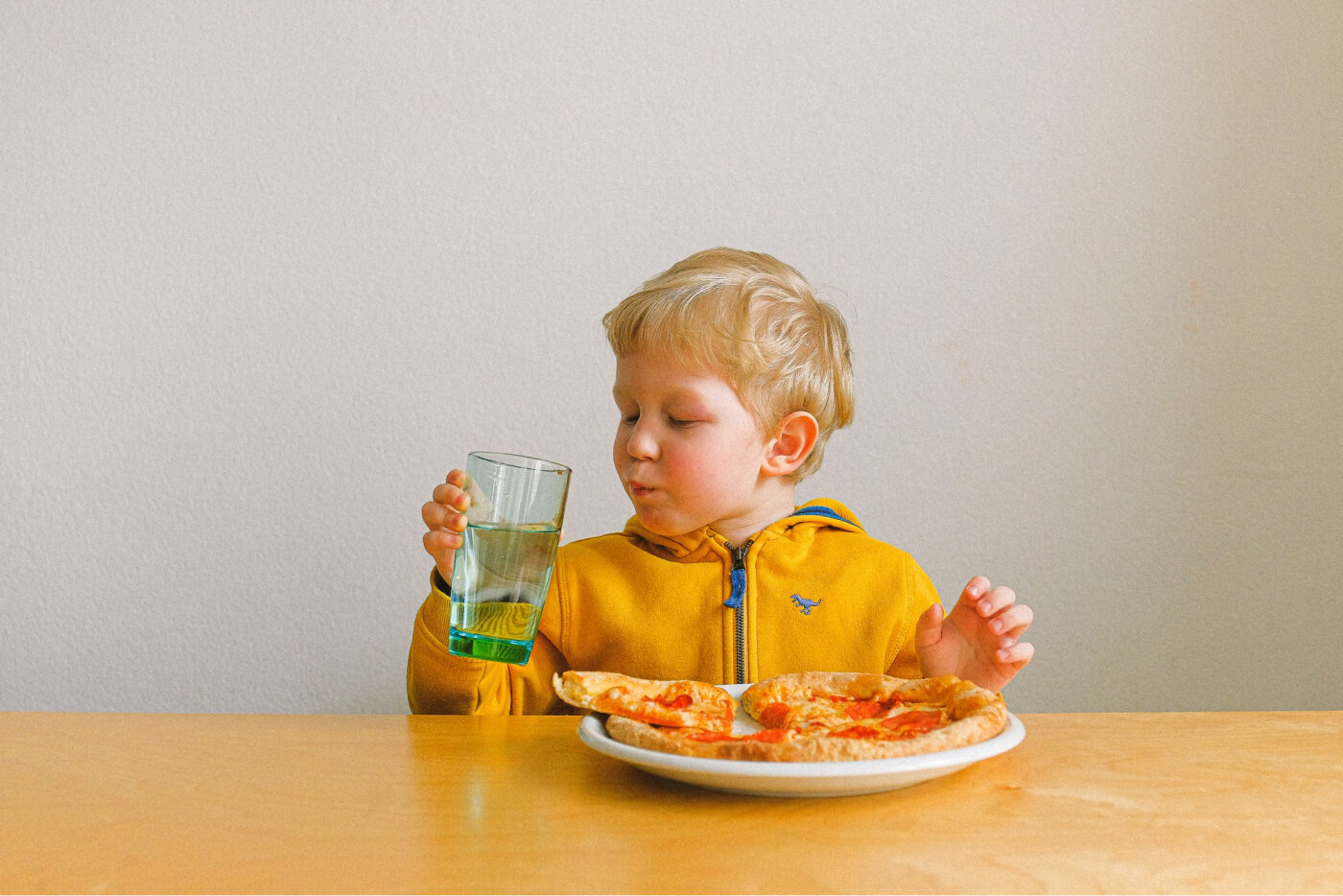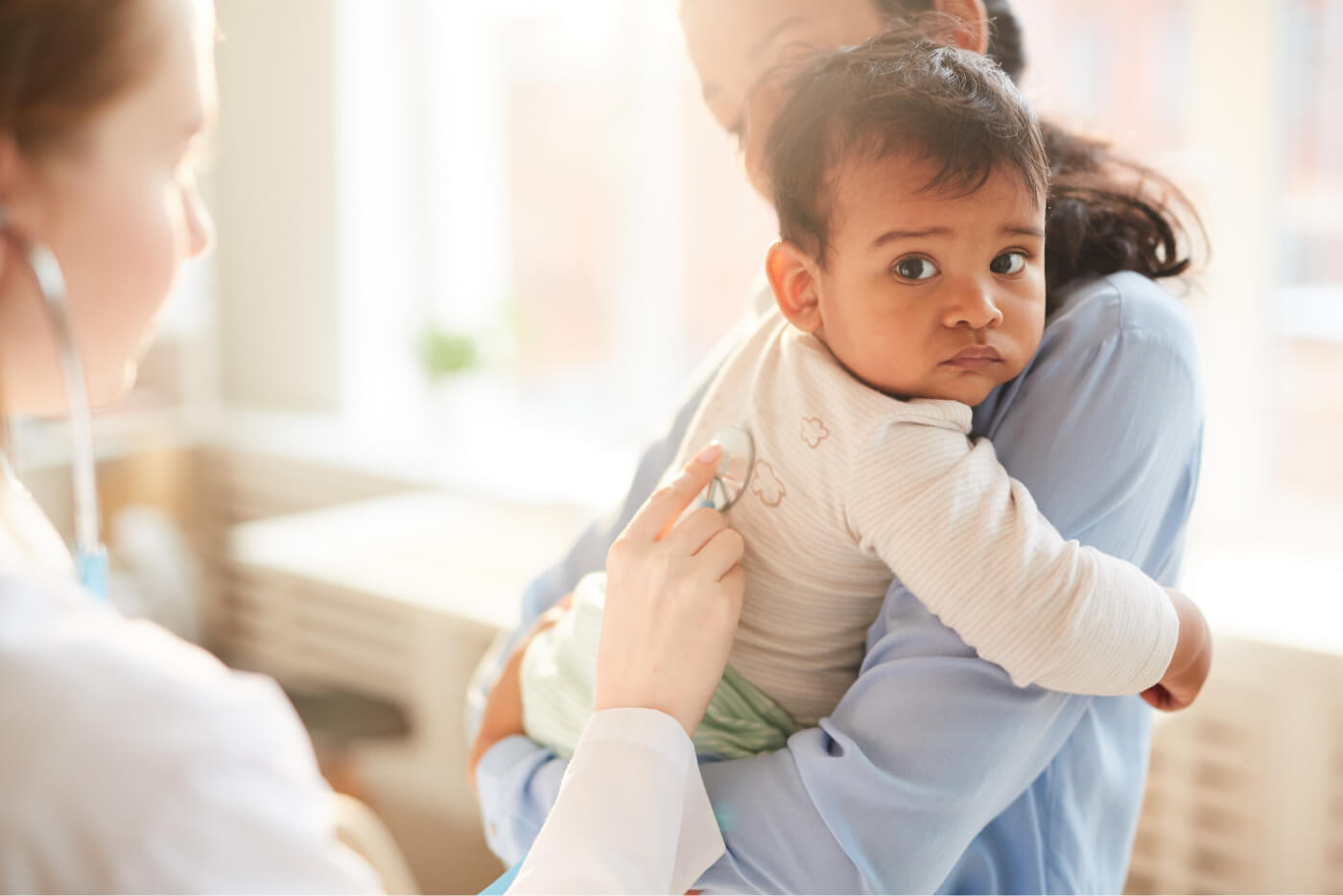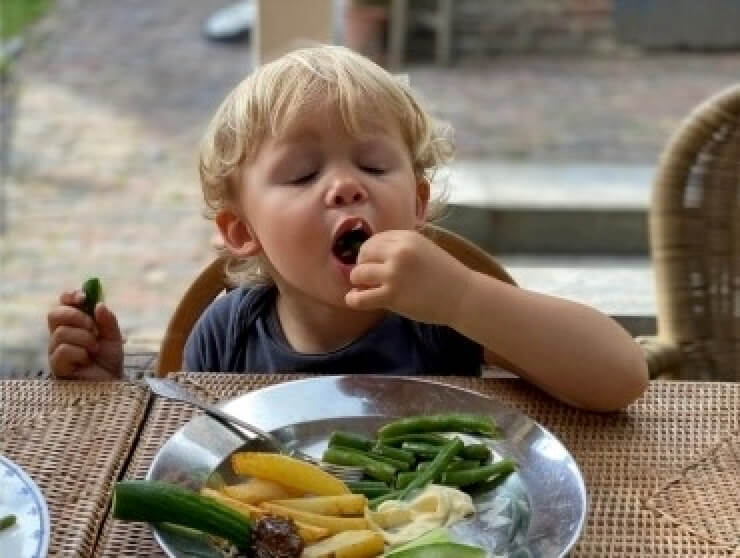NZ’s largest-ever health and wellbeing survey with tweens gets underway

October 1, 2021
New Zealand’s largest longitudinal study of child development is about to launch the most comprehensive collection of data ever conducted with intermediate-aged children in this country.
New Zealand’s largest longitudinal study of child development is about to launch the most comprehensive collection of data ever conducted with intermediate-aged children in this country.
Growing Up in New Zealand next month begins its 12 year Kōrero/Interviews with more than 6,000 12-year-old children and their families.
Never before have so many New Zealand pre-teens been canvassed about their lives, their interests and their experiences, including their response to Covid-19 lockdowns.
Growing Up in New Zealand Research Director, University of Auckland Professor of Population Nutrition and Global Health, Boyd Swinburn, says connecting with children at such vital time in their development provides a unique insight into the world of tweens in Aotearoa-New Zealand and builds on the rich longitudinal information the study has collected so far.
“This period, at the start of adolescence, is a crucial juncture in the life course during which the body and the brain go through massive changes. It is a time of rapid physical, cognitive, emotional, and social development and Growing Up in New Zealand hopes to capture insights into the important aspects of this critical transition period,” Professor Swinburn says.
“The information we gather from our tweens will be enormously valuable in providing a better understanding of what life is like for pre-teens so that decision-makers can tailor policies and services to best meet the needs of our young people to allow them all to flourish,” Professor Swinburn says.
The 12 year Kōrero/Interviews will initially be conducted online only due to the current Covid-19 lockdown restrictions and will involve video calls and the delivery of more than 15,000 digital questionnaires to children and caregivers.
Face-to-face observations, measurements and other activities will hopefully take place at a later date when it is safe to do so.
Professor Swinburn says the study has already collected information about the children’s experiences of a Level 4 Covid-19 lockdown in 2020 and it will be interesting to hear more from them about this most recent lockdown and the impact of Covid-19 more generally on their lives.
“These young people are living through extraordinary times and it will be enlightening to understand how much of an impact Covid-19 has had on them and in what ways,” he says.
Growing Up in New Zealand Foundation Director, Professor Susan Morton, says the study has already collected more than 80 million separate pieces of data which offer a detailed and complex picture of children’s lives over the past ten years.
“We’re excited to move into this next phase of the study and amplify children’s voices. We’re particularly interested to build on the information we have already gathered and learn more about our pre-teens’ mental wellbeing, experiences online, and their growing independence,” she says.
Professor Swinburn says one of the core strengths of the study is the sheer size of the ethnically and socioeconomically diverse cohort and its ability to reflect the lived experience of so many children.
He says for this reason it’s vital that as many of the 6000-strong cohort as possible to take part in the 12 year Kōrero/Interviews. Professor Swinburn is urging families who may have been part of the study in the past to get in touch.
“Many families may remember being part of Growing Up in New Zealand, but may have lost touch with us over the years. Our message to them is – don’t wait for us to contact you, get in touch with us now!
“We know that many of our families have moved house or changed phone number and it’s possible we may not have up-to-date contact details for some families so I’d urge participants to call or email us so that we can get in touch and ensure that their voices contribute to this valuable taonga,” he says.
The 12 year Kōrero/interviews will be a major logistical undertaking for the study and will involve nearly 50 Growing Up in New Zealand interviewers.
If Covid-19 alert levels mean that face-to-face visits can take place, the entire 12 year Kōrero/Interviews activity includes:
- Connecting with more than 6,000 children and families in their homes or via video call.
- Delivering more than 15,000 digital questionnaires to mothers, partners, children and teachers.
- Collecting around 18,000 separate skin, nose and throat swabs.
- Recording nearly 18,000 of height, weight and waist circumference measurements.
- Recording more than 6,000 conversations between primary caregivers and their children.
- Conducting more than 6,000 te reo Māori language assessments.
The 12 year Kōrero/Interviews will run for around nine-months and the information gathered will be released in a report called “Now We Are 12” in 2023.
Growing Up in New Zealand participants are encouraged to get in touch to update their contact details so that the study can organise a home visit. To do this, participants should:
- Visit www.growingup.co.nz/get-in-touch
- Email contact@growingup.co.nz
- Call 0508 GROWINGUP (0508 476 946)
%201.svg)



